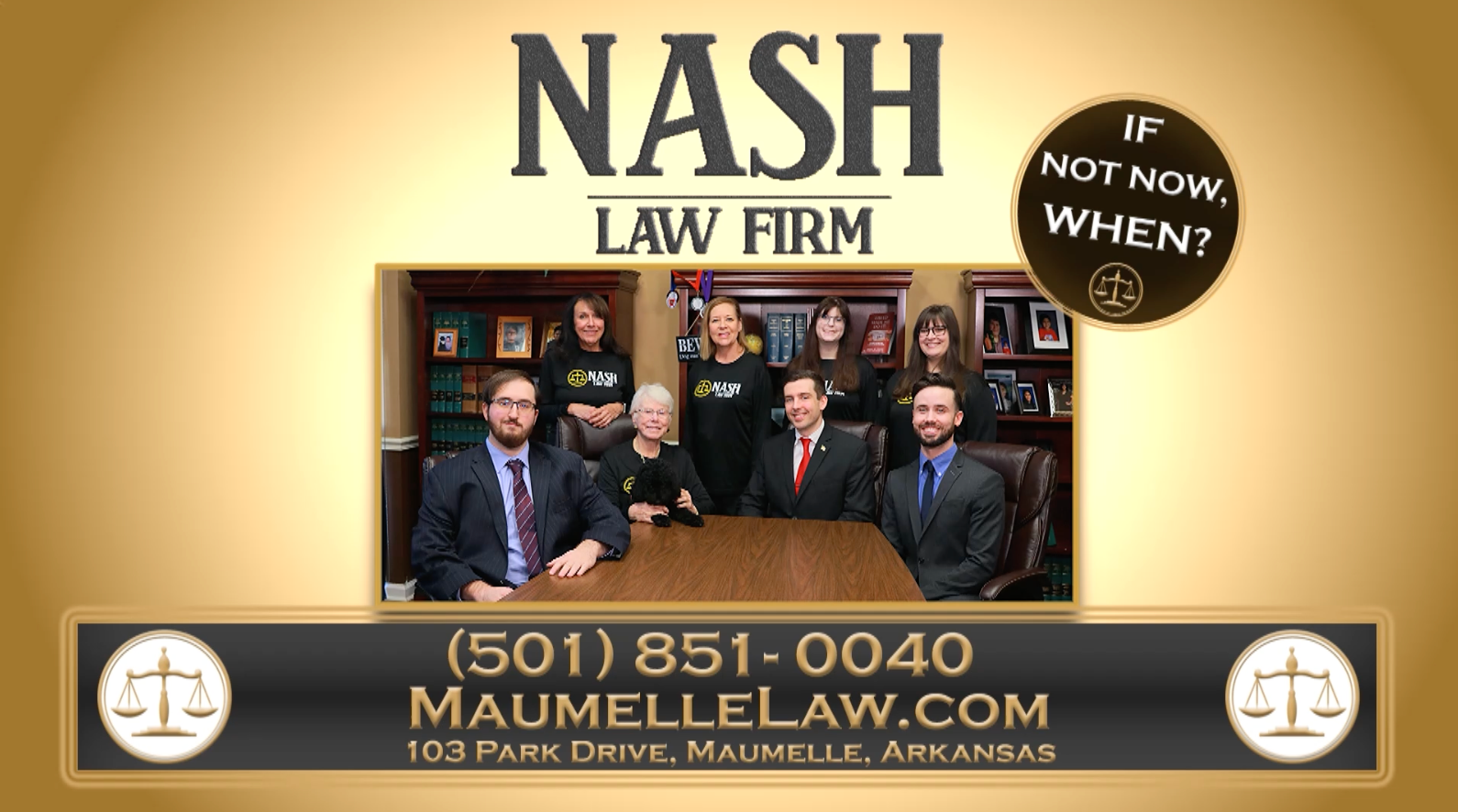Estate Planning for Pet Owners

Estate planning is often associated with making provisions for human family members, but it’s just as crucial for pet owners to ensure their furry companions are cared for after they’re gone. Pets are family too, and like any other dependent, they need a plan for their well-being in the event of their owner's death or incapacitation. At Nash Law Firm, we understand the importance of comprehensive estate planning that includes all members of your household, including your pets. Here’s a guide to help you navigate estate planning for your beloved animals.
Why Include Pets in Your Estate Plan?
Including pets in your estate plan ensures that they will be taken care of according to your wishes. Without a plan, pets might end up in shelters or face uncertain futures. By making specific arrangements, you can provide peace of mind knowing that your pets will be in safe hands and continue to receive the care and love they need.
Steps to Include Pets in Your Estate Plan
Identify a Caregiver:
The first step is to identify a trusted person who is willing and able to take care of your pets. This person should be someone who loves animals and understands the responsibility involved. It’s advisable to have a primary caregiver and a secondary one in case the first choice is unable to fulfill the role.
Detail the Care Instructions:
Document the specific needs of your pets. This includes their dietary requirements, medical conditions, exercise routines, and any other pertinent details that would help the caregiver maintain the same level of care. These instructions ensure continuity and prevent any distress to your pets due to changes in their routine.
Set Up a Pet Trust:
A pet trust is a legal arrangement that allows you to set aside funds for the care of your pets. This trust is managed by a trustee who disburses funds to the caregiver according to your instructions. The trust can cover expenses such as food, veterinary care, grooming, and other necessities. Pet trusts provide financial security for your pets and ensure that their care is sustained without imposing a financial burden on the caregiver.
Include Provisions in Your Will:
Your will should include provisions for your pets. Specify who should take care of them and detail any financial arrangements you have made, such as a pet trust. However, remember that a will goes through probate, which can delay the transition of care. This is why having both a will and a pet trust can be beneficial.
Regularly Update Your Plan:
Estate planning is not a one-time task. Regularly review and update your plan to account for changes in your pets' needs, the addition of new pets, or changes in the circumstances of your chosen caregivers. Keeping your estate plan current ensures that all details are accurate and reflects your current wishes.
Legal Considerations
When drafting a pet trust, it’s crucial to work with an experienced estate planning attorney to ensure it complies with state laws and effectively protects your pets. An attorney can help you navigate the legal intricacies and ensure that your trust is both valid and enforceable.
Estate planning for pet owners is an essential part of ensuring that your beloved animals are cared for and loved even after you’re gone. By taking the time to plan now, you can rest assured that your pets will continue to enjoy a happy and healthy life. At Nash Law Firm, we are dedicated to helping you create a comprehensive estate plan that includes all your family members, both human and animal.
If you’re ready to start your estate planning or need to update your current plan, contact Nash Law Firm today for a free consultation. Our team of experienced attorneys is here to guide you through every step of the process, ensuring peace of mind for you and a secure future for your pets.
DISCLAIMER:The information provided on this website does not, and is not intended to, constitute legal advice; instead, all information, content, and materials available on this site are for general informational purposes only. Information on this website may not constitute the most up-to-date legal or other information. This website contains links to other third-party websites. Such links are only for the convenience of the reader, user or browser; the Nash Law Firm does not recommend or endorse the contents of the third-party sites.
Readers of this website should contact their attorney to obtain advice with respect to any particular legal matter. No reader, user, or browser of this site should act or refrain from acting on the basis of information on this site without first seeking legal advice from counsel in the relevant jurisdiction. Only your individual attorney can provide assurances that the information contained herein – and your interpretation of it – is applicable or appropriate to your particular situation. Use of, and access to, this website or any of the links or resources contained within the site do not create an attorney-client relationship between the reader, user, or browser and website authors, contributors, or Nash Law Firm.









![Nash Law Firm Logo [click to return home] Nash Law Firm](https://lirp.cdn-website.com/8c4d5b2c/dms3rep/multi/opt/nashlogo_colorgray_horz-1920w.png)


![Nash Law Firm Logo [click to return home] Nash Law Firm Logo](https://lirp.cdn-website.com/8c4d5b2c/dms3rep/multi/opt/nashlogo_whgold_horz-1920w.png)

